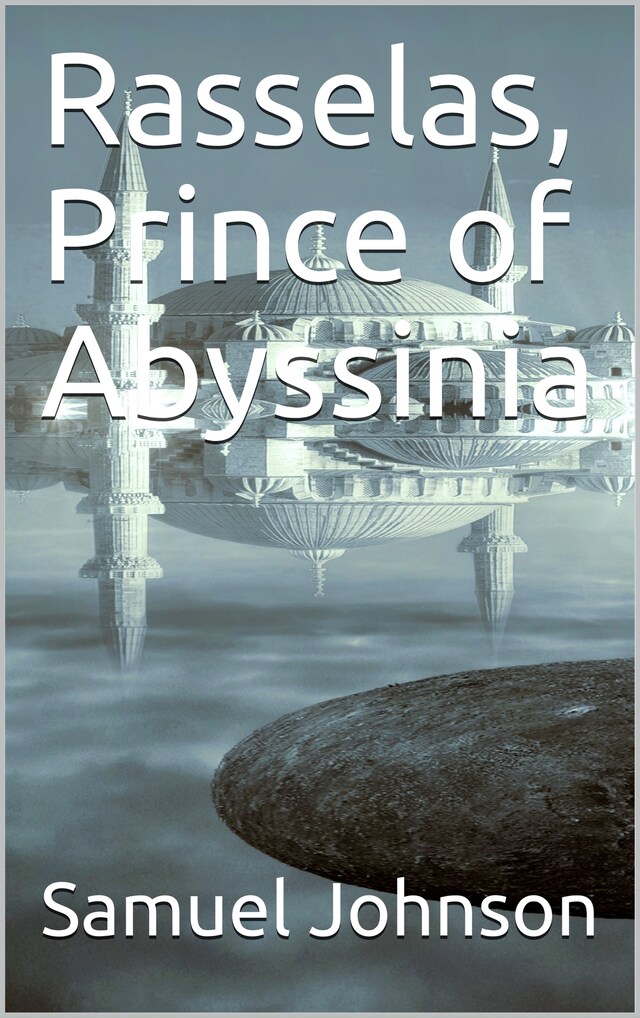
Rasselas, Prince of Abyssinia
Opis książki
The History of Rasselas, Prince of Abissinia, originally titled The Prince of Abissinia: A Tale, though often abbreviated to Rasselas, is an apologue about happiness by Samuel Johnson. The book's original working title was "The Choice of Life". At the age of fifty, he wrote the piece in only one week to help pay the costs of his mother's funeral, intending to complete it on 22 January 1759 (the eve of his mother's death). The book was first published in April 1759 in England. Johnson is believed to have received a total of £75 for the copyright. The first American edition followed in 1768. The title page of this edition carried a quotation, inserted by the publisher Robert Bell, from La Rochefoucauld: "The labour or Exercise of the Body, freeth Man from the Pains of the Mind; and this constitutes the Happiness of the Poor".
While the story is thematically similar to Candide by Voltaire, also published early in 1759 – both concern young men travelling in the company of honoured teachers, encountering and examining human suffering in an attempt to determine the root of happiness – their root concerns are distinctly different. Voltaire was very directly satirising the widely read philosophical work by Gottfried Leibniz, particularly the Theodicee, in which Leibniz asserts that the world, no matter how we may perceive it, is necessarily the "best of all possible worlds". In contrast the question Rasselas confronts most directly is whether or not humanity is essentially capable of attaining happiness. Rasselas questions his choices in life and what new choices to make in order to achieve this happiness. Writing as a devout Christian, Johnson makes through his characters no blanket attacks on the viability of a religious response to this question, as Voltaire does, and while the story is in places light and humorous, it is not a piece of satire, as is Candide.
The plot is simple in the extreme, and the characters are flat. Rasselas, son of the King of Abyssinia (modern-day Ethiopia), is shut up in a beautiful valley called The Happy Valley, "till the order of succession should call him to the throne". Rasselas enlists the help of an artist who is also known as an engineer to help with his escape from the Valley by plunging themselves out through the air, though is unsuccessful in this attempt. He grows weary of the factitious entertainments of the place, and after much brooding escapes with his sister Nekayah, her attendant Pekuah and his poet-friend Imlac by digging under the wall of the valley. They are to see the world and search for happiness in places such as Cairo and Suez. After some sojourn in Egypt, where they encounter various classes of society and undergo a few mild adventures, they perceive the futility of their search and abruptly return to Abyssinia after none of their hopes for happiness are achieved.
 Samuel Johnson
Samuel Johnson 124 Strony
124 Strony